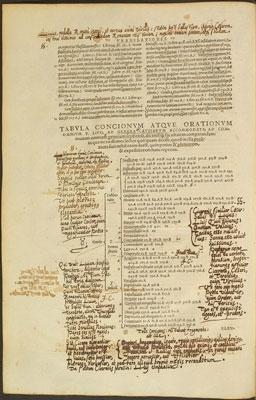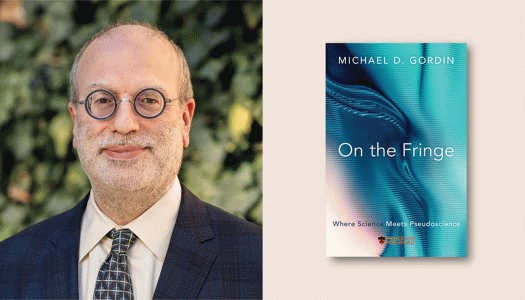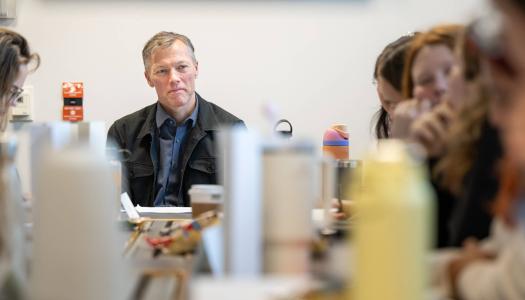“You can look at the individual cards in the library and they are interesting, but you couldn’t even begin to make connections between them without the computer,” said Kotin. “This project is transforming them into a valuable scholarly resource.”
Humanists traditionally have spent long hours in archives poring through books, letters, and ephemera, laboriously piecing together information. Today, digital technology has streamlined and galvanized this process. Now scholars can not only quickly access and preserve different kinds of information but also identify connections among their discoveries, creating new data for scholars around the world.
In this new field—digital humanities—computation is as vital in humanistic studies as in the sciences. It is revolutionizing the work of scholars and having a profound influence on the development of new resources needed to support their explorations. Its impact could be tremendous: questions that used to take years to answer can now be resolved in moments.
“Computers quickly can accomplish things that once would have taken an entire career to do.”

Princeton established the Center for Digital Humanities to support this kind of research, promote collaborations, and forge connections across disciplines and among the Princeton University Art Museum, libraries, computing centers, classrooms, and faculty offices. Launched in 2013, the center is a hub for faculty, graduate students, and undergraduates in the humanities who use computational tools and methods—including large-scale databases, text-analysis software, and geographical information systems—in their studies.
New Tools, New Insights
From a desktop computer, a researcher can scan vast amounts of information to discover how newspaper articles “went viral” in the 19th century, or map the relationships among characters in a Jane Austen novel.
Projects at Princeton span a range of disciplines. Technology is even allowing scholars to interact with the past. Anthony Grafton, the Henry Putnam University Professor of History, is collaborating with scholars at other institutions and the Princeton University Library to transcribe, catalog, and analyze handwritten notes in the margins of 16th- and 17th-century books—and make the material accessible on a public website. “Reading these marginal notes gives us the chance to stand by the desks of Renaissance scholars and look over their shoulders while they work at their trade,” says Grafton.
Today’s humanists need to be equipped not only with a classically humanistic framework—knowledge of the canon, styles of scholarly criticism, and critical thinking skills—but also with the practice and intellectual tools of digital analysis. The digital revolution has transformed the way we interact with human history, and will revolutionize the kinds of information we leave for future generations. The Center for Digital Humanities makes it possible for Princeton’s students and scholars to help illuminate the human record through an artful blend of traditional methods and the power of technology.


